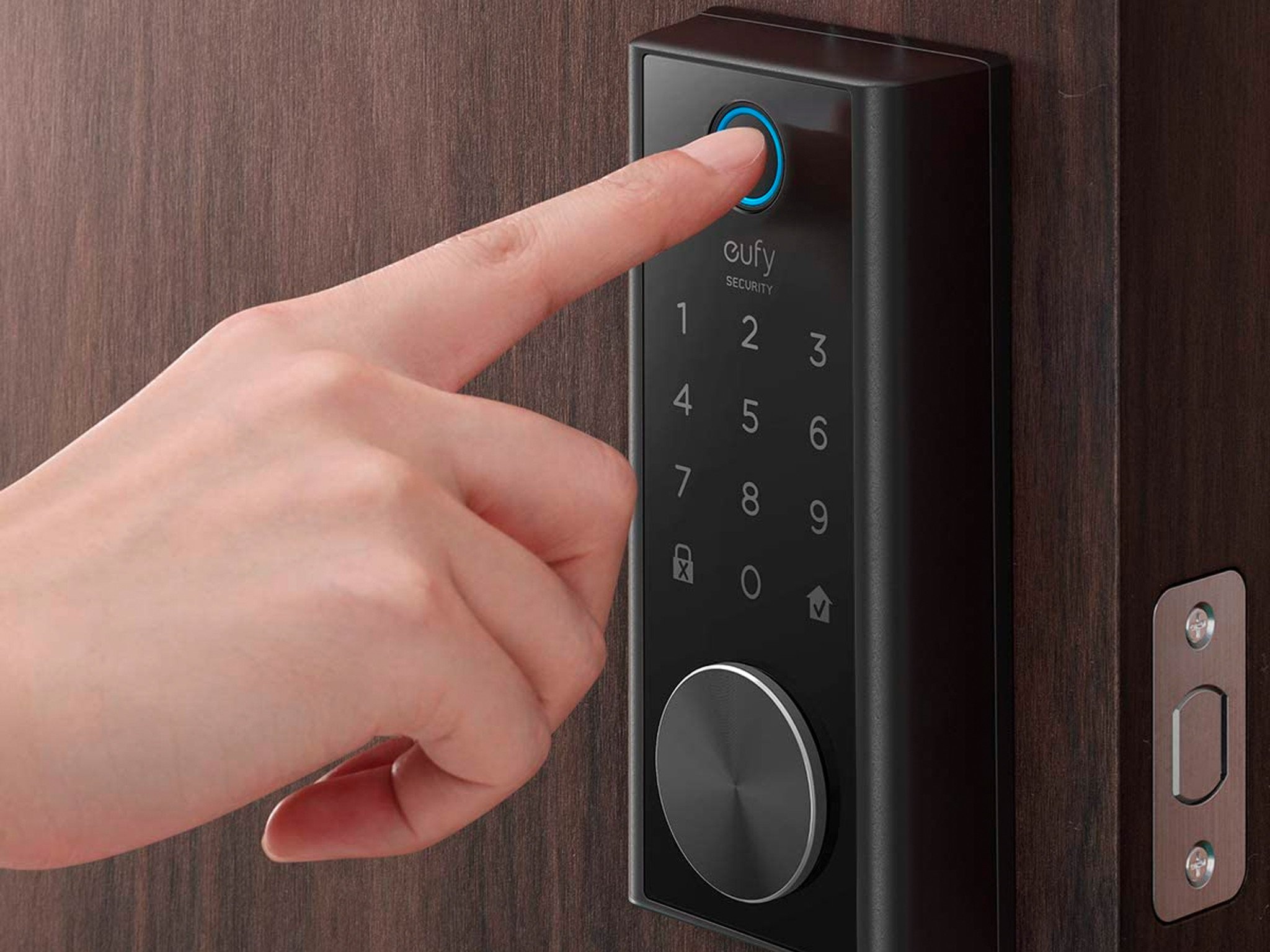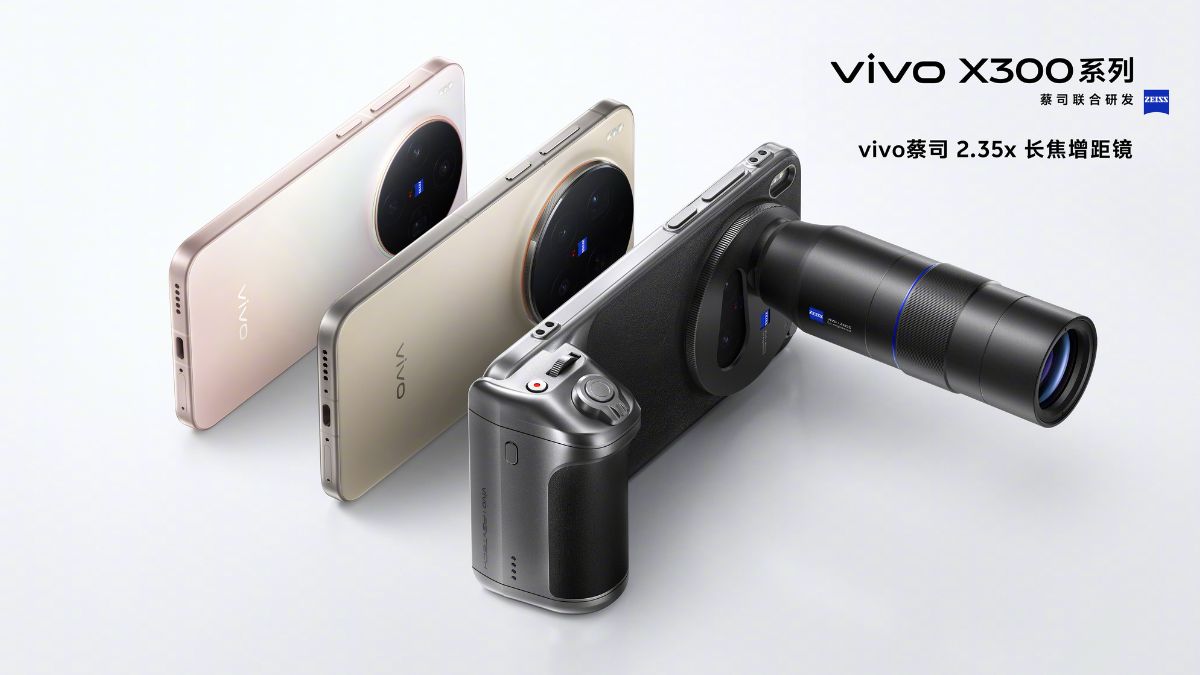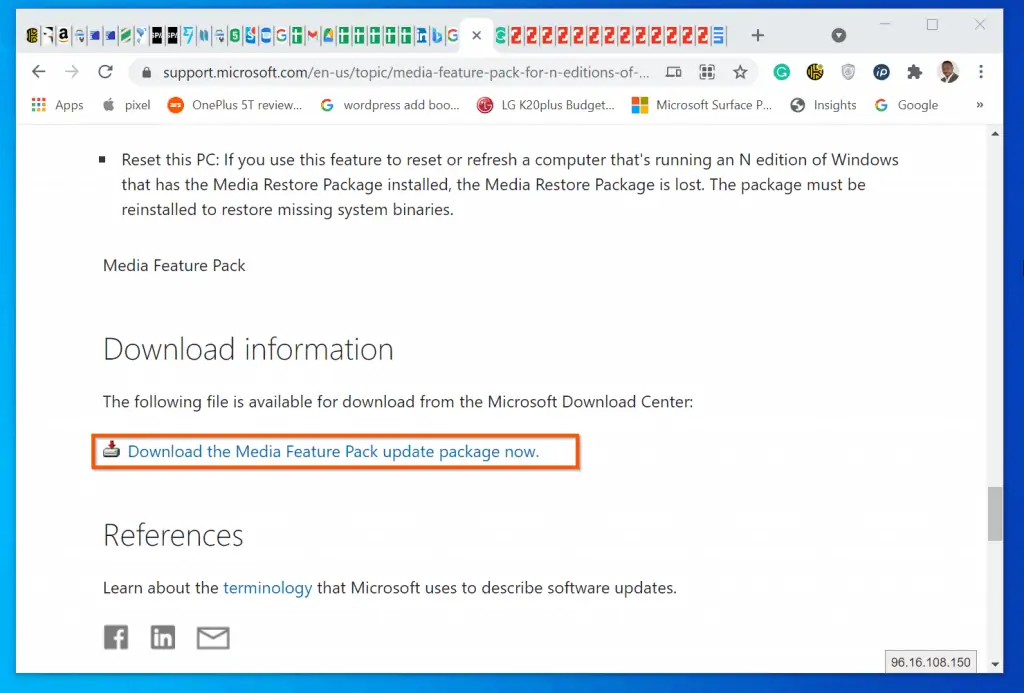Smart Lock Security

The Evolution of Locks
The concept of locks has undergone significant transformations over the years, revolutionizing the way we secure our homes, offices, and valuable possessions. From traditional mechanical locks to modern smart locks, the evolution of locks has been remarkable, driven by advancements in technology and the increasing need for enhanced security.
From Traditional Mechanical Locks to Modern Smart Locks
Traditional mechanical locks, which have been in use for centuries, rely on physical keys and mechanical components to provide security. However, they have several limitations, including:
- Vulnerability to key duplication and unauthorized access
- Limited control over who can access the lock
- No real-time monitoring or alerts
- Dependence on physical keys, which can be lost or stolen
In contrast, modern smart locks offer a range of innovative features that address these limitations, including:
- Keyless entry and biometric authentication (e.g., fingerprint, facial recognition)
- Remote access and control through mobile apps
- Real-time monitoring and alerts for unauthorized access attempts
- Customizable access permissions and schedules
- Integration with other smart home devices and systems
Advancements in Lock Technology for Enhanced Security
Recent advancements in lock technology have significantly enhanced security, including:
- Encrypted communication protocols (e.g., Bluetooth, Wi-Fi) to prevent hacking
- Advanced materials and designs to resist tampering and forced entry
- Artificial intelligence (AI) and machine learning (ML) for anomaly detection
- Cloud-based storage for secure key management and access logs
- Regular software updates and security patches
These advancements have not only improved the security of smart locks but also provided users with greater convenience, control, and peace of mind.
As technology continues to evolve, we can expect even more innovative features and enhancements in smart lock security, further transforming the way we protect our properties and valuable assets.
What are Smart Locks?
Smart locks are advanced electronic locks that can be controlled and monitored remotely using a smartphone, tablet, or computer. They offer a convenient and secure way to manage access to your home, office, or any other premises.
Definition and Explanation of Smart Locks
Smart locks are designed to provide an additional layer of security and convenience compared to traditional locks. They use advanced technologies such as Bluetooth, Wi-Fi, or biometric authentication to grant access and monitor activity.
How They Differ from Traditional Locks
Smart locks differ from traditional locks in several ways:
- Remote access: Smart locks can be controlled remotely using a mobile app.
- Keyless entry: Smart locks often eliminate the need for physical keys.
- Advanced security features: Smart locks may include features like biometric authentication, tamper alerts, and forced-entry detection.
- Customizable access: Smart locks allow you to grant access to specific individuals or groups for a limited time.
Key Features and Benefits
Smart locks offer several key features and benefits, including:
- Convenience: Grant access to guests or service providers without physical keys.
- Enhanced security: Receive alerts and monitor activity remotely.
- Customization: Set access schedules and permissions for individuals or groups.
- Increased control: Manage multiple locks and locations from a single app.
Types of Smart Locks
Smart locks have revolutionized the way we secure our homes and offices. With various types of smart locks available in the market, choosing the right one can be overwhelming. Here are some of the most common types of smart locks:
Wi-Fi Enabled Locks
Wi-Fi enabled locks offer unparalleled convenience and control. These locks can be accessed and controlled remotely using a smartphone app, as long as you have a stable internet connection. Receive notifications, grant access to guests, and monitor who's entering your premises from anywhere in the world.
Bluetooth Enabled Locks
Bluetooth enabled locks offer a more localized control experience. Using Bluetooth technology, you can lock and unlock your doors using your smartphone app when you're in close proximity to the lock. These locks are perfect for those who want smart lock functionality without relying on internet connectivity.
Biometric Locks
Biometric locks use advanced identification methods like fingerprint recognition, facial recognition, or iris scanning to grant access. These locks offer top-notch security and convenience, eliminating the need for keys or passwords. With biometric locks, you can be sure that only authorized individuals can enter your premises.
Keyless Entry Locks
Keyless entry locks use a combination of numbers, codes, or even gestures to grant access. These locks eliminate the need for physical keys, reducing the risk of lost or stolen keys. With keyless entry locks, you can create unique access codes for different users, making it easy to manage who can enter your premises.
Security Features of Smart Locks
Encryption and Secure Authentication
Smart locks employ advanced encryption methods, such as AES 128-bit or higher, to protect communication between the lock and its corresponding app or hub. This ensures that even if hackers intercept the signal, they can't decipher the data. Additionally, smart locks often require secure authentication, including passwords, biometric data (e.g., fingerprints), or two-factor authentication, to prevent unauthorized access.
Real-time Monitoring and Alerts
Smart locks can be integrated with smartphones or security systems, enabling real-time monitoring of lock activity. Users receive alerts when someone enters or exits, or if an intruder tries to tamper with the lock. This feature provides an added layer of security, allowing homeowners to respond promptly to potential security breaches.
Remote Access and Control
Smart locks can be controlled remotely using a mobile app, allowing users to grant access to guests or service providers without physical keys. This feature is particularly useful for homeowners who rent their properties on Airbnb or have frequent visitors. Remote access also enables users to lock or unlock their doors from anywhere, ensuring they never have to worry about forgotten keys.
Tamper Detection and Alerts
Smart locks often come equipped with tamper detection sensors, which alert users if someone attempts to forcibly open or tamper with the lock. This feature provides an additional layer of security, notifying homeowners of potential security threats and allowing them to take prompt action.
Benefits of Smart Locks
Convenience and Ease of Use
Smart locks offer unparalleled convenience and ease of use. With a smart lock, you can bid adieu to the hassle of carrying physical keys or worrying about losing them. You can easily unlock your door with a simple voice command, a tap on your smartphone, or even automatically when you approach the door. This level of convenience is especially beneficial for individuals with mobility issues or those who often have their hands full.
Enhanced Security and Peace of Mind
Smart locks provide an additional layer of security and peace of mind. With advanced encryption and secure authentication protocols, smart locks ensure that only authorized individuals can access your home. You can also receive notifications and monitor who is entering or exiting your home, providing you with real-time updates and added security. Moreover, smart locks can be integrated with other smart home security systems, creating a robust and comprehensive security network.
Customization and Control
One of the most significant advantages of smart locks is the level of customization and control they offer. You can create unique access codes for different individuals, set specific access schedules, and even grant temporary access to guests or service providers. This level of control ensures that you have complete oversight over who can enter your home and when. Additionally, smart locks can be integrated with other smart home devices, allowing you to create customized scenarios and automations that enhance your home's overall security and convenience.
Compatibility with Smart Home Systems
Smart locks seamlessly integrate with popular smart home systems, such as Amazon Alexa, Google Assistant, and Apple HomeKit. This integration allows you to control your smart locks using voice commands, creating a hands-free and effortless experience. Moreover, smart locks can be integrated with other smart devices, such as security cameras, doorbells, and alarm systems, creating a comprehensive and interconnected smart home network.
The Future of Locks
As technology continues to advance, the world of lock security is undergoing a significant transformation. The traditional locking mechanisms are giving way to smarter, more secure, and convenient solutions. In this section, we'll delve into the emerging trends and technologies shaping the future of locks.
Emerging Trends and Technologies in Lock Security
The lock security landscape is evolving rapidly, driven by innovations in technology and changing user needs. Some of the key trends and technologies include:
- Biometric Authentication: Fingerprint, facial recognition, and voice recognition technologies are becoming increasingly popular in smart locks, offering unparalleled security and convenience.
- Wireless Connectivity: Bluetooth, Wi-Fi, and Z-Wave enabled locks allow for seamless integration with smartphones, smart home systems, and voice assistants.
- Artificial Intelligence (AI) and Machine Learning (ML): AI-powered locks can detect and respond to potential security threats, while ML algorithms enhance lock performance and security over time.
- Internet of Things (IoT) Integration: Smart locks are being integrated with other IoT devices to create a more secure and connected home.
- Advanced Materials and Designs: New materials and designs, such as 3D-printed locks and smart lock cylinders, offer enhanced security and durability.
Potential Applications and Innovations
The future of locks holds immense potential for innovation and growth. Some exciting applications and developments on the horizon include:
- Smart Homes and Cities: Integration of smart locks with urban infrastructure to enhance public safety and security.
- Wearable Technology: Smart locks controlled by wearable devices, such as smartwatches or fitness trackers.
- Vehicle Security: Smart locks for cars, motorcycles, and other vehicles, offering enhanced security and convenience.
- Secure Storage: Smart locks for safes, cabinets, and other secure storage solutions.
- Access Control Systems: Advanced access control systems for commercial and industrial applications.
As technology continues to advance, we can expect even more innovative solutions to emerge, transforming the way we think about lock security. The future of locks is undoubtedly smart, connected, and secure.


















Comments ()